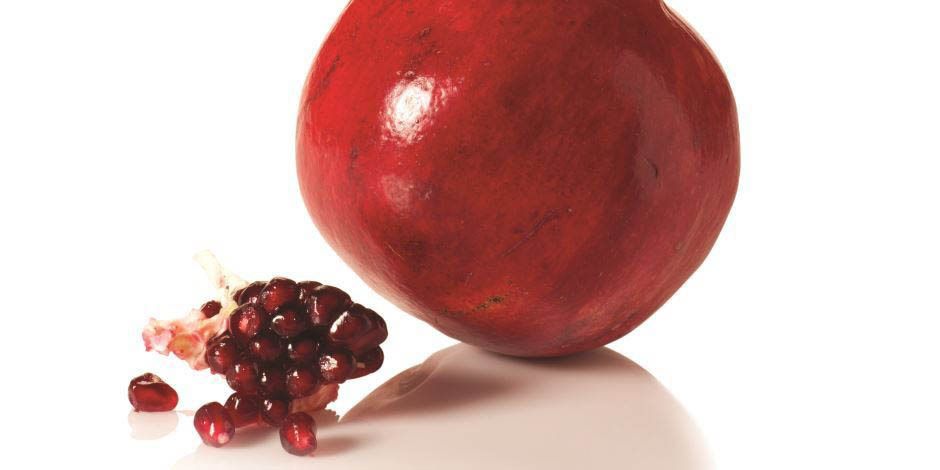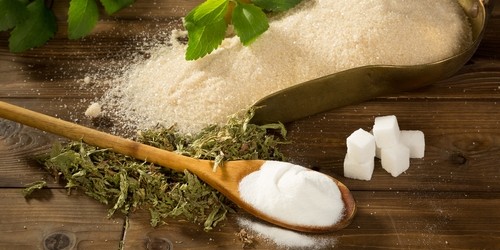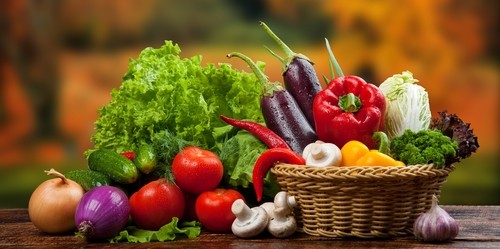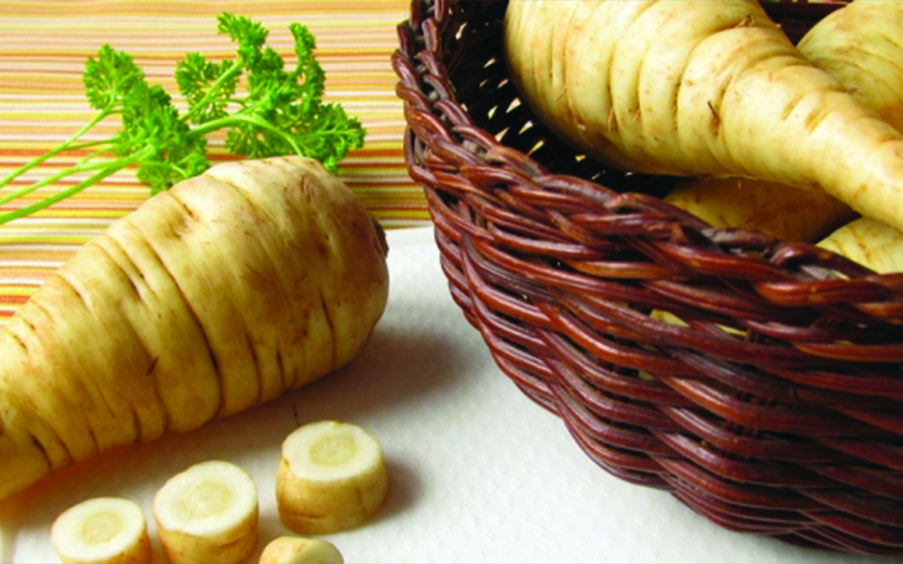If you’ve always pictured the forbidden fruit as an apple—as most of us do—hold onto your hat. Some scholars believe it was a pomegranate that tempted Eve and that a series of erroneous translations (pomegranate comes from the Latin term for “seeded apple”) are to blame for the mix-up.
We may never know the truth, and in the end it probably doesn’t make much difference. Still, you have to wonder if the pomegranate would have risen to greater glory in the West had it enjoyed the same cultural notoriety as the ubiquitous apple.
Native to Persia, the pomegranate is finally getting attention in the U.S., and for good reason. The juice of a pomegranate provides 16 percent of your daily vitamin C requirement and is a good source of vitamin B5, potassium and polyphenols—anti-oxidants that protect against heart disease, high blood pressure, dental plaque and cancer.
Its seeds, or arils, which often number in the many hundreds, and its thick inner flesh intimidate a lot of people, but they shouldn’t. For tips on removing arils, click here.
Although whole pomegranates are only in season from September through February, you can freeze the seeds for use throughout the spring or look for bottled pomegranate juice, juice concentrate, whole arils and even pomegranate supplements, which are available year round in the beverage or natural food aisles.










Comments